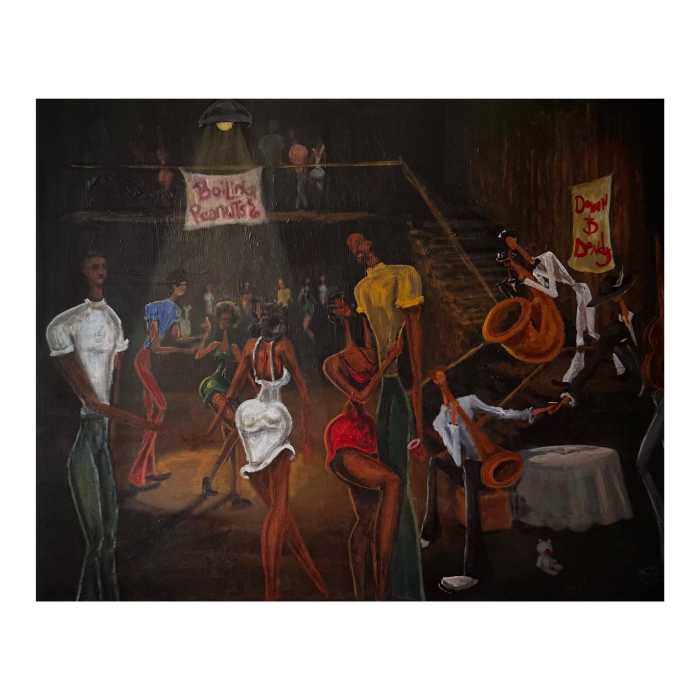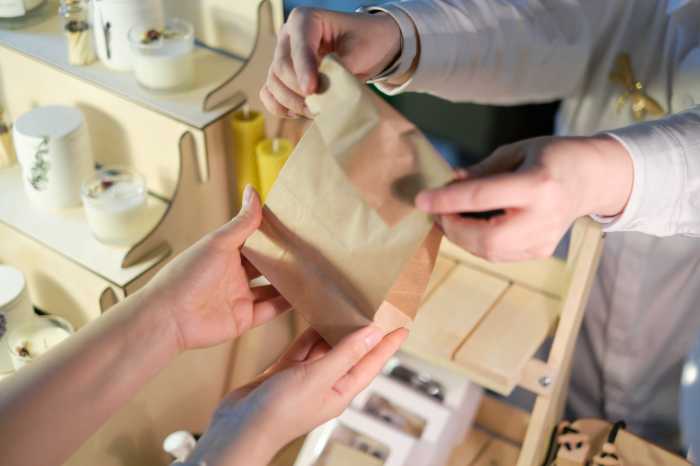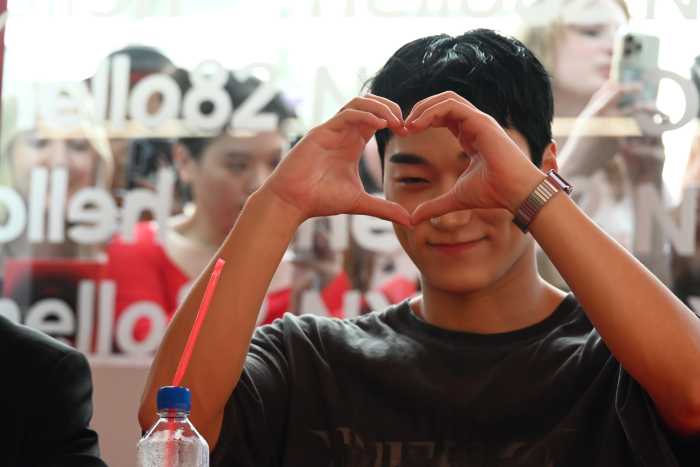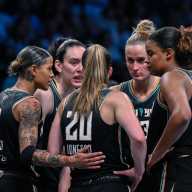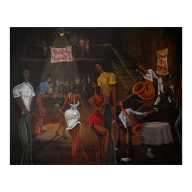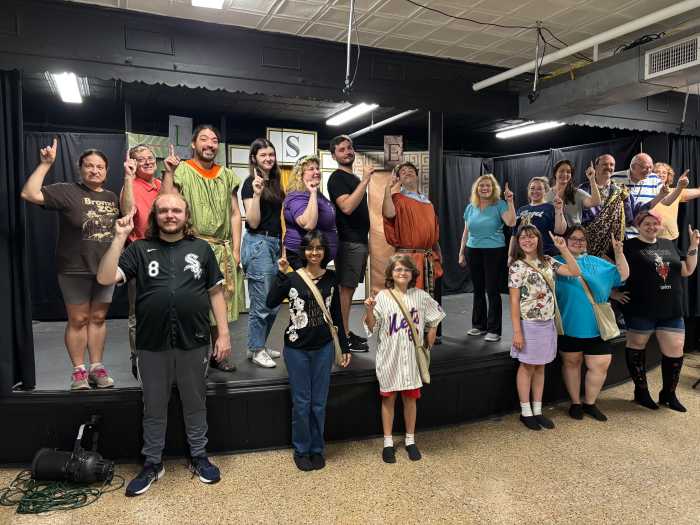In his new documentary “Do I Sound Gay?” writer, journalist and Brooklyn resident David Thorpe tries to figure out why some gay men have “the gay voice,” why others don’t and why it matters.
Through conversations with friends, interviews with gay celebrities like David Sedaris and Tim Gunn, and attempts to alter his speech patterns, Thorpe grapples with hating “the grating sound” of his voice.
In doing so, the film, which debuts in New York City and on cable on-demand July 10, ultimately looks at what it means to be a gay man in America.
We spoke with Thorpe at his SoHo office about the movie:
Where did the idea for “Do I Sound Gay?” develop?
I started making it just as a personal project. I got dumped, and I was in my mid-40s and I was feeling like, “What’s wrong with me, why can’t I find love?” I think when all of us get dumped or find ourselves involuntarily single, we tend to scrutinize ourselves for what’s wrong with ourselves, and I grew up in a time when what was wrong with me was being gay. And so I think at times when I’m vulnerable and lacking confidence, those old feelings of worthlessness come to the surface.
Did making this movie change the way you thought about your voice?
One thing I learned making the film is that there is no fundamental gay voice. There’s a stereotype and some men to a greater and lesser degree resemble that stereotype, and so I always like to emphasize that there’s no voice that gay men have or should have. There’s nothing wrong with “sounding gay,” but the stereotype is a grain of truth, it’s not the whole truth. We’ve been taught to see people in these categories and I hope the film goes a small way to maybe help people rethink these categories in a way. I would also say that I don’t change my voice to sound “less gay” anymore.
Has the way people perceive a “gay-sounding” voice changed?
When I started filming “Do I Sound Gay?” only five states had legal same sex marriage. Pretty soon after that New York joined the club and now the movie’s done and the entire country has legal same sex marriage. So it’s just unbelievable because it’s just such a fundamental change in our culture. I like to think that things are getting better for kids, adults, for people who aren’t gay who benefit from equality, but at the same time I think we have a long way to go.
What do you hope people take away from the movie?
There’s so many things that I want people to get out of the film and I think it is an unusual movie in the sense that it covers a lot of ground, a lot of topics, but I think mostly I want to make people think and talk about the voice, about who they are, about what gender and sexuality are. I guess maybe if I had to boil it down I would say I want more conversations about our individuality.



